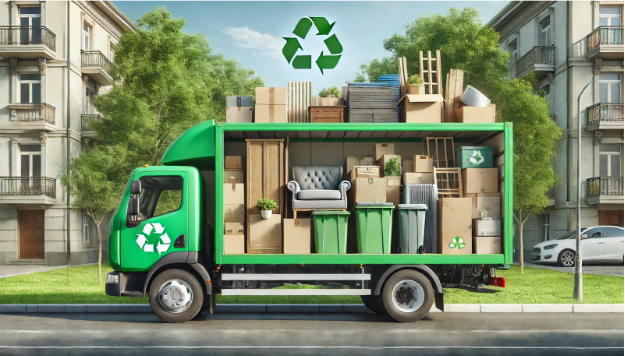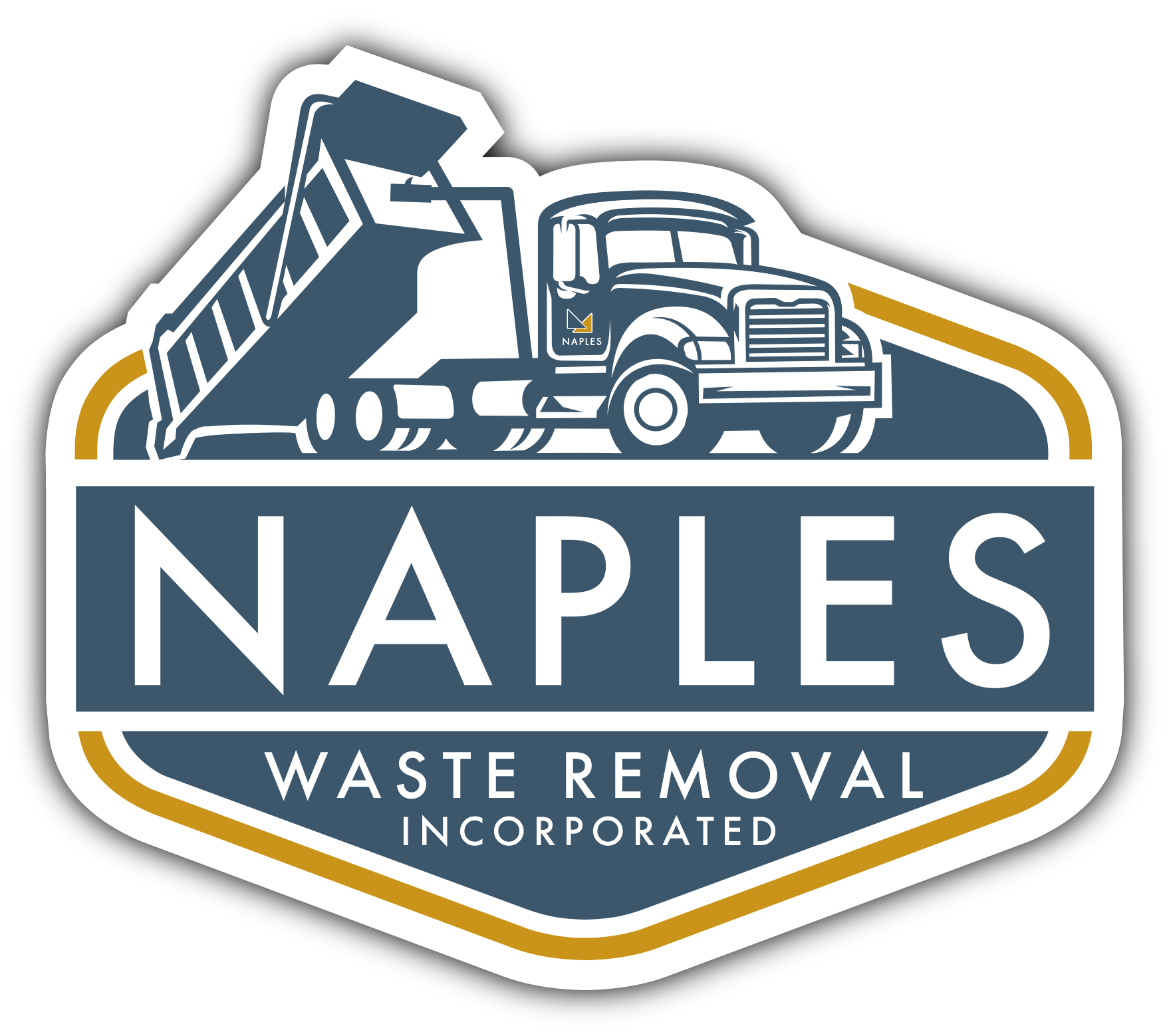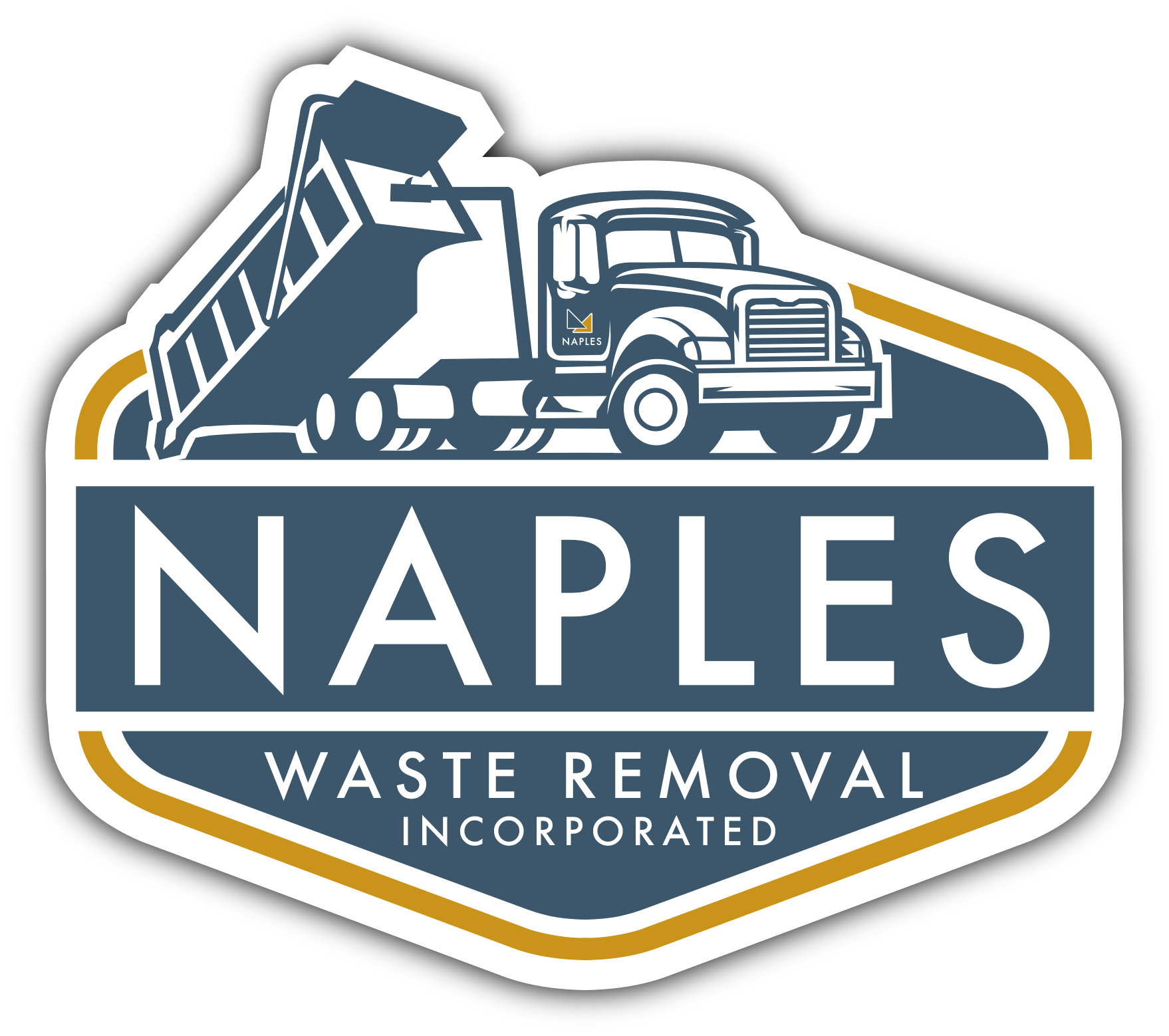
How to Practice Eco-Friendly Junk Disposal
Did you know that junk disposal contributes significantly to environmental pollution? As waste piles up, so do its effects on air, soil, and water quality. Eco-friendly junk disposal is an essential step for individuals and businesses alike, helping to reduce waste and minimize harmful impacts on the planet. In this post, we’ll explore how eco-friendly junk disposal can make a difference and provide actionable steps to incorporate sustainable practices into your everyday life.
What is Eco-Friendly Junk Disposal?
Eco-friendly junk disposal refers to methods of getting rid of unwanted items without causing harm to the environment. Instead of simply throwing items away, eco-friendly practices involve reducing, reusing, recycling, and properly disposing of materials to minimize waste.
Why It Matters
Eco-friendly junk disposal not only reduces landfill waste but also saves energy, conserves natural resources, and prevents pollution. By choosing eco-friendly methods, individuals can play an essential role in protecting the environment and promoting a healthier planet for future generations.
Steps to Eco-Friendly Junk Disposal
1. Sort and Categorize Your Junk
The first step is to categorize your junk. Separate items based on their potential for reuse, recycling, donation, or disposal. Here’s a simple breakdown:
- Reusable items: Items that can be repurposed, such as jars, containers, or clothing.
- Recyclables: Materials like glass, plastic, paper, and metals.
- Donation-worthy items: Clothes, electronics, furniture, and other items in good condition.
- Waste: Items that are beyond repair or use and require responsible disposal.
2. Donate Unwanted Items
One person’s trash can truly be another’s treasure. Donation is an eco-friendly way to give unwanted items a second life.
- Clothing and household goods: Local thrift stores, homeless shelters, or charitable organizations.
- Furniture and electronics: Specialized nonprofits or organizations like Goodwill or Habitat for Humanity.
- Books and media: Libraries, schools, or online donation platforms.
By donating, you extend the life of products and help reduce demand for new goods, ultimately conserving resources.
3. Recycle Properly
Recycling prevents usable materials from ending up in landfills, saving resources and reducing pollution. When recycling, remember these tips:
- Follow local guidelines: Different municipalities have specific rules on what can be recycled.
- Sort carefully: Separate glass, plastics, metals, and paper. Mixing materials can contaminate the recycling process.
- Dispose of hazardous items correctly: Batteries, electronics, and certain chemicals require special recycling procedures.
Local recycling facilities or dedicated e-waste recycling centers are often available for specific types of junk. This helps keep toxic materials out of landfills and ensures safe processing.
Eco-Friendly Junk Disposal Practices at Home
Here’s a handy table summarizing some key eco-friendly disposal methods:
| Junk Type | Disposal Method | Tips |
|---|---|---|
| Clothing | Donation | Ensure items are clean and in good shape. |
| Electronics | E-waste recycling | Use certified e-waste recycling centers. |
| Glass | Recycling | Separate by color if required. |
| Yard Waste | Composting | Use backyard or community compost bins. |
| Hazardous Materials | Special disposal | Drop off at designated centers. |
| Metal | Scrap metal recycling | Contact local scrap yards for large items. |
| Furniture | Donation or recycling | Consider donating to local charities. |
4. Compost Organic Waste
Organic waste, such as food scraps and yard trimmings, can be composted. Composting turns organic waste into nutrient-rich soil, reducing landfill volume and providing a natural alternative to chemical fertilizers. Here’s how to start:
- Set up a compost bin in your backyard or use a community compost site.
- Add organic materials like vegetable scraps, coffee grounds, and yard clippings.
- Avoid composting meat, bones, and dairy products unless you’re using a specialized compost system.
5. Use Junk Removal Services with Eco-Friendly Policies
Some junk removal companies prioritize eco-friendly disposal methods. When choosing a junk removal service, ask about their policies on recycling, donation, and proper disposal.
Look for companies that:
- Separate materials for recycling and donate usable items.
- Dispose of hazardous waste responsibly.
- Have partnerships with recycling facilities or charities.
Eco-Friendly Junk Disposal Tips for Businesses
Businesses generate large amounts of waste, often including electronics, packaging, and office supplies. Here are some eco-friendly junk disposal strategies for businesses:
- Implement a recycling program in the office.
- Encourage employees to reduce waste by bringing reusable items.
- Partner with eco-friendly junk removal services to handle large disposals.
- Consider donating old equipment instead of discarding it.
An eco-friendly junk disposal plan is a small step toward a big impact, helping businesses reduce their carbon footprint and appeal to environmentally conscious customers.
FAQs on Eco-Friendly Junk Disposal
Q: What should I do with hazardous materials like paint or batteries?
Hazardous materials require special handling. Many cities offer designated drop-off sites or recycling days for items like paint, batteries, and electronics.
Q: Can all plastics be recycled?
Not all plastics are recyclable. Check the recycling code on the item and consult local guidelines to ensure proper recycling.
Q: Are there tax benefits for donating items?
Yes, donating items to registered charities can often be deducted on your taxes. Keep receipts as proof for tax purposes.

Naples Waste Removal is committed to providing affordable dumpster rentals, property clean-outs, junk removal and demolition services.
Menu
All Rights Reserved | Naples Waste Removal
